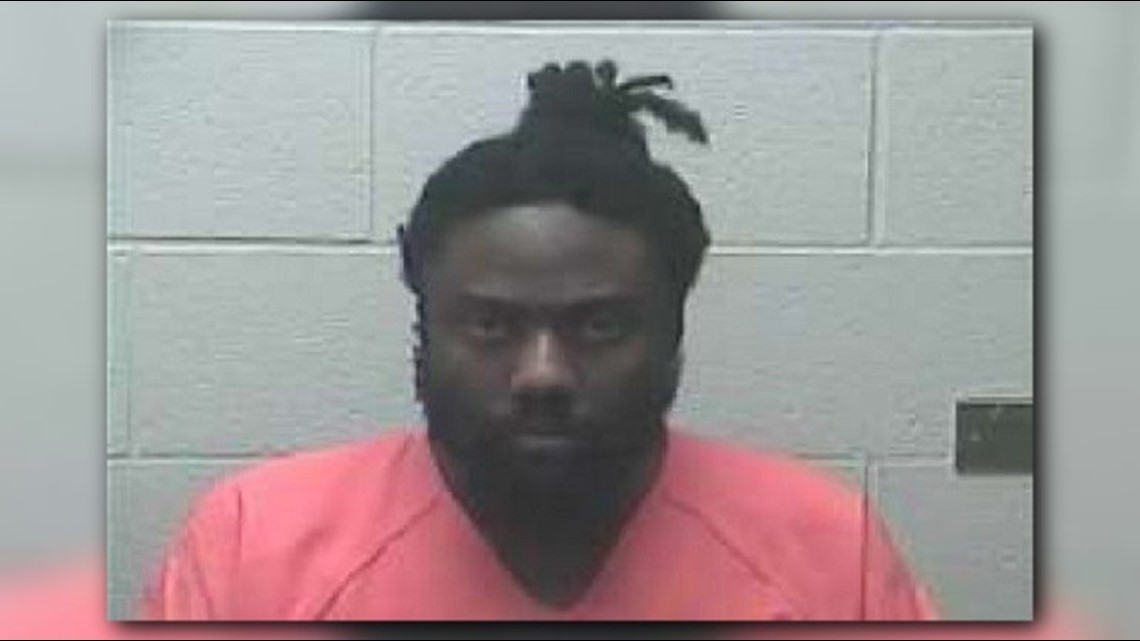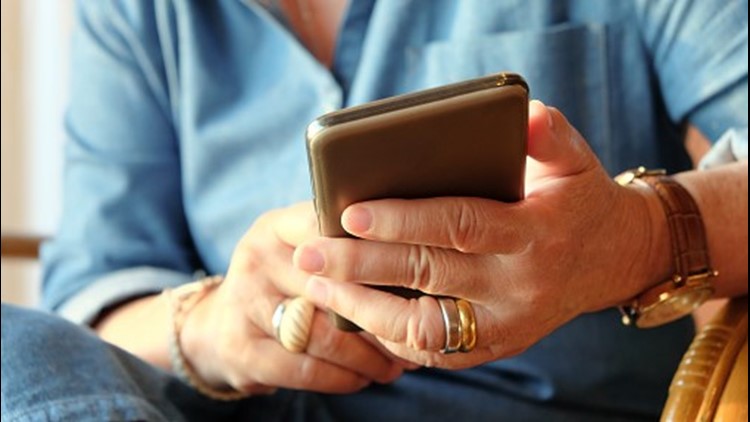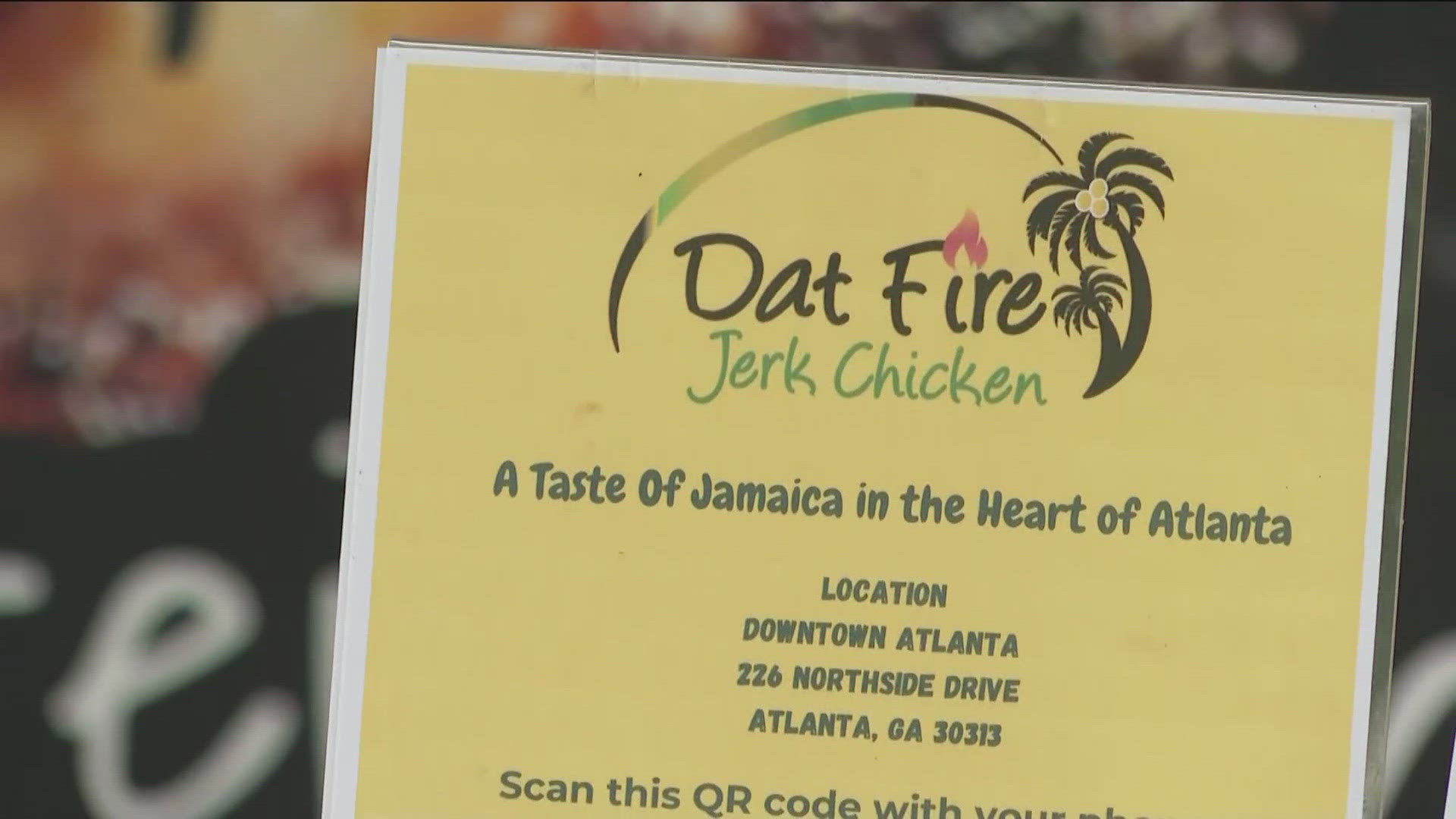ATLANTA --- A report released by the Better Business Bureau (BBB) says that over a half a million Americans and Canadians reported falling victim to sweepstakes, lottery, and prize scams in 2017 alone.
The data from the report shows that the elderly population is specifically being targeted with cold calls, snail mail, text messages, computer pop-ups, and social media. The majority of victims fell between the age of 65 and 74 years old.
Over $117 million were scammed out of those who reported to the BBB, with a median loss of $500.
According to the Federal Trade Commission (FTC), only about 10 percent of fraud victims even file a report with law enforcement or the BBB.
Researchers for the BBB found that Jamaica is where a lot of these calls are coming from, impacting the crime rate on the island.
"The amount of money generated by lottery fraud has resulted in gang wars between rival fraud groups, leading to a dramatic spike in violence," the BBB report said.
One man from Jamaica is featured in the report saying he scammed at least 80 people of more than $5.5 million.


Investigators said Williams would call seniors and tell them they won a prize and they needed to pay fees. They said he even went as far as threatening the families to get more money. One victim reported to police that Williams told them he would kill their sons and rape their daughters.
Sanjay Williams of Jamaica was arrested when he visited the U.S. and stood trial. He was sentenced to 20 years in U.S. federal prison, and ordered to pay back the millions he took.
Below are the tips for you to avoid falling victim to a lottery or sweepstakes fraud according to the BBB:
- True lotteries or sweepstakes don’t ask for money. If they want money for taxes, themselves, or a third party, they are most likely crooks.
- Call the lottery or sweepstakes company directly to see if you won. Publishers Clearing House (PCH) does have a sweepstakes but does not call people in advance to tell them they’ve won. Report PCH imposters to their hotline at 800-392-4190.
- Check to see if you won a lottery. Call the North American Association of State and Provincial Lotteries at 440-361-7962 or your local state lottery agency.
- Do an internet search of the company, name, or phone number of the person who contacted you.
- Law enforcement does not call and award prizes.
- Talk to a trusted family member or your bank. They may be able to help you stay in control of your money in the face of fraudster pressure.
If you believe you or someone you know has fallen victim to one of these scams, call your local police agency, and report it to the Better Business Bureau.



